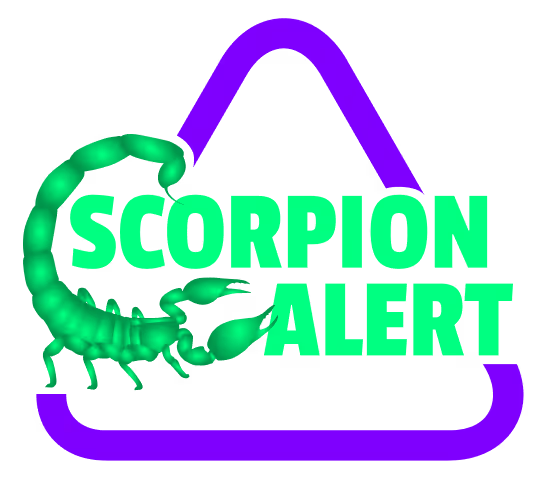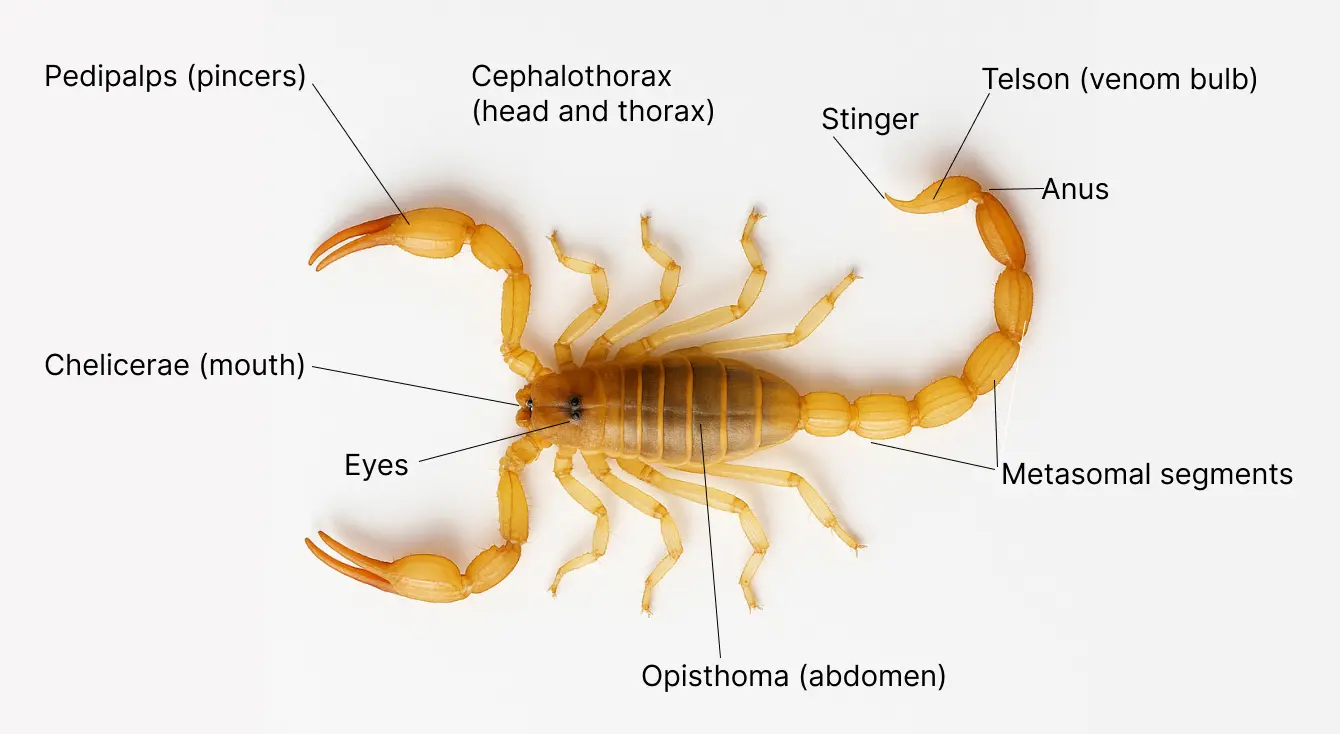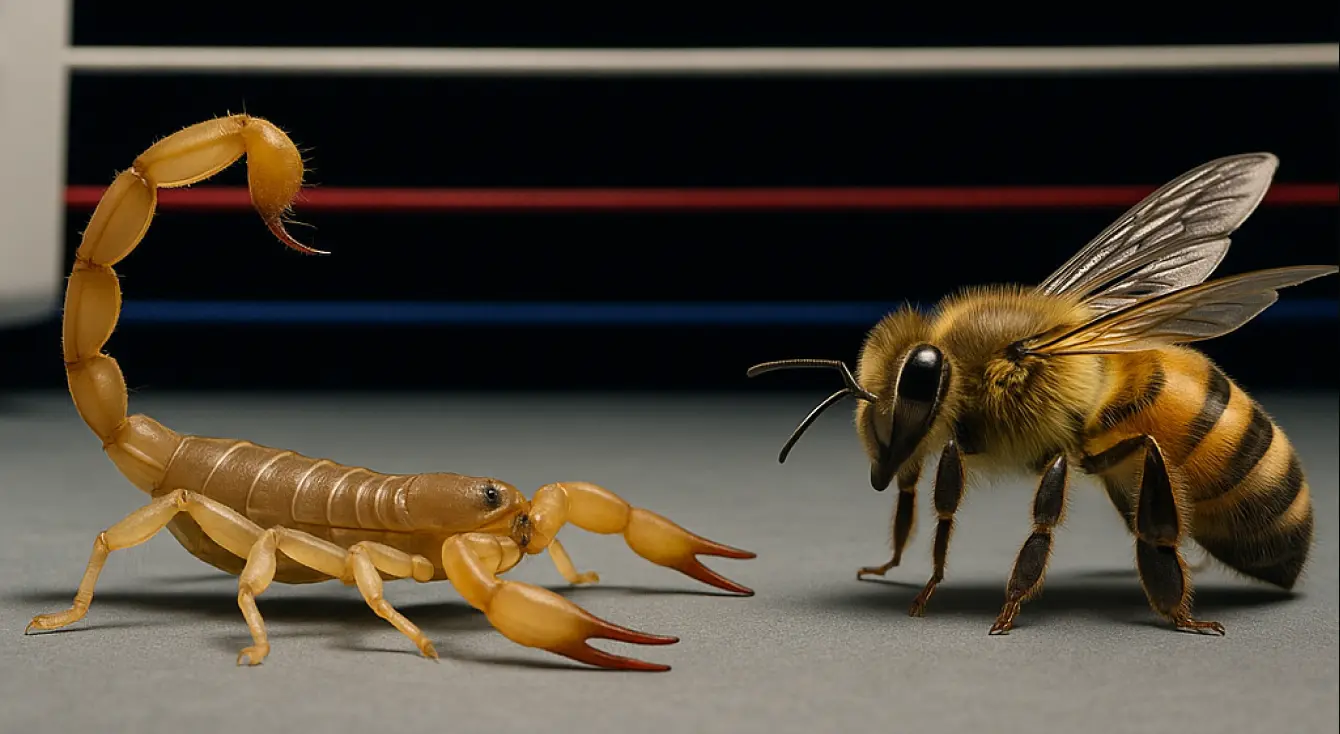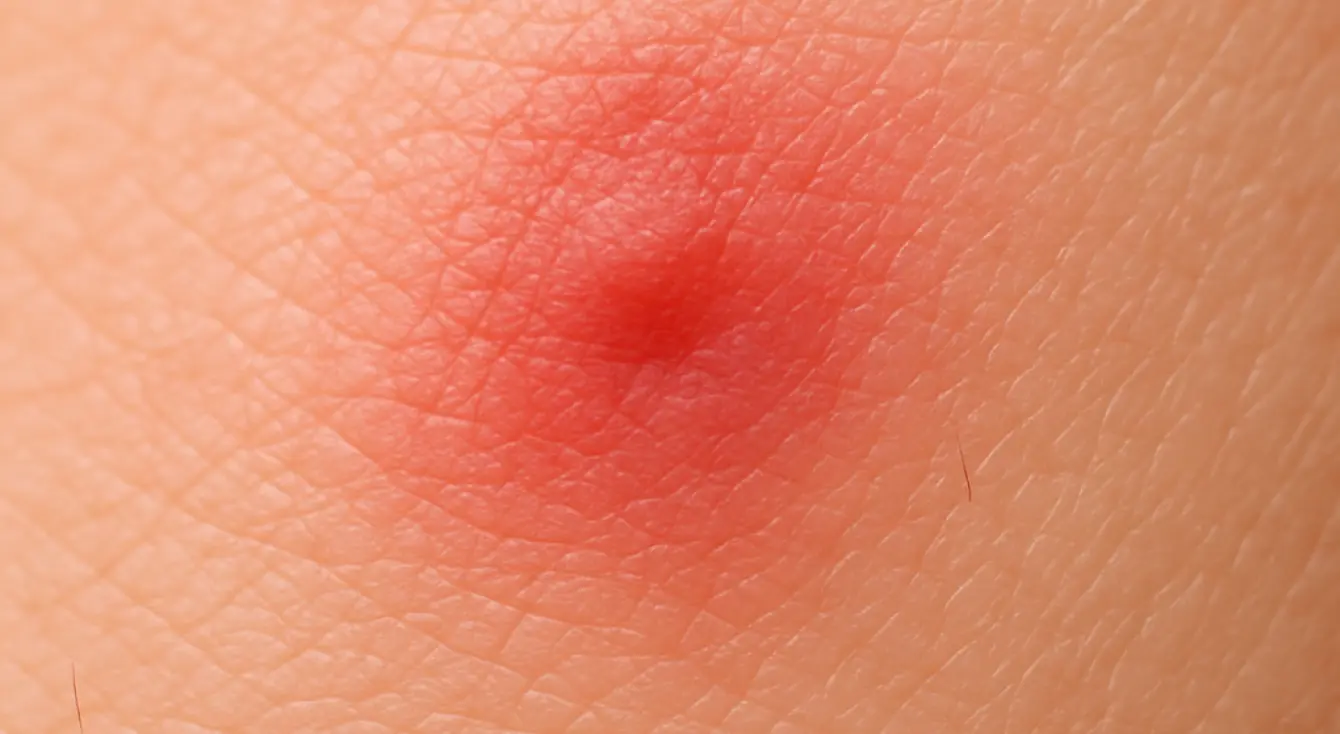If you've ever found a scorpion tucked up against a baseboard or squeezed behind a shoe, you’ve seen thigmotaxis in action—whether you knew it or not. Understanding this instinctive behavior is key to predicting where scorpions might be hiding inside your home.
What Is Thigmotaxis?
Thigmotaxis is an animal’s tendency to stay in physical contact with surfaces. In simple terms, it means scorpions like to hug walls, corners, and tight spaces. It gives them a sense of safety, helps with temperature regulation, and offers better cover from predators.
This behavior is common across the arachnid world, but it’s especially useful to know when dealing with scorpions inside your home.
How This Helps You Find Scorpions
Because of thigmotaxis, scorpions almost never crawl across the middle of a room. Instead, they’re likely to:
- Travel along baseboards and wall edges
- Hide under furniture, rugs, or shoes
- Nestle into tight cracks or gaps behind molding
- Settle in dark corners of closets or garages
If you want to find a scorpion—or prevent one from surprising you—this instinct gives you a major advantage.
How We Use Thigmotaxis in Our Scorpion Detectors
Our Scorpion Detectors are designed with thigmotaxis in mind. Each device:
- Points UV light and a camera down at the baseboard level
- Watches for scorpions as they follow edges and seams
- Uses their glow under UV to detect and alert you automatically
Instead of randomly scanning a room, we focus on the high-probability zones. That’s what makes our detection system so effective.
How You Can Use It, Too
Even without a Detector, you can use thigmotaxis to your advantage:
- Place glue traps along edges and corners, not the middle of the floor
- Sweep with a UV flashlight around walls, door frames, and under furniture
- Store shoes and bags off the floor or shake them out before use
Understanding how scorpions move can help you outsmart them—and keep your home safer.
Scorpions don’t move randomly. Their behavior follows patterns, and thigmotaxis is one of the most reliable. Use it to guide your prevention strategy and stay one step ahead.






